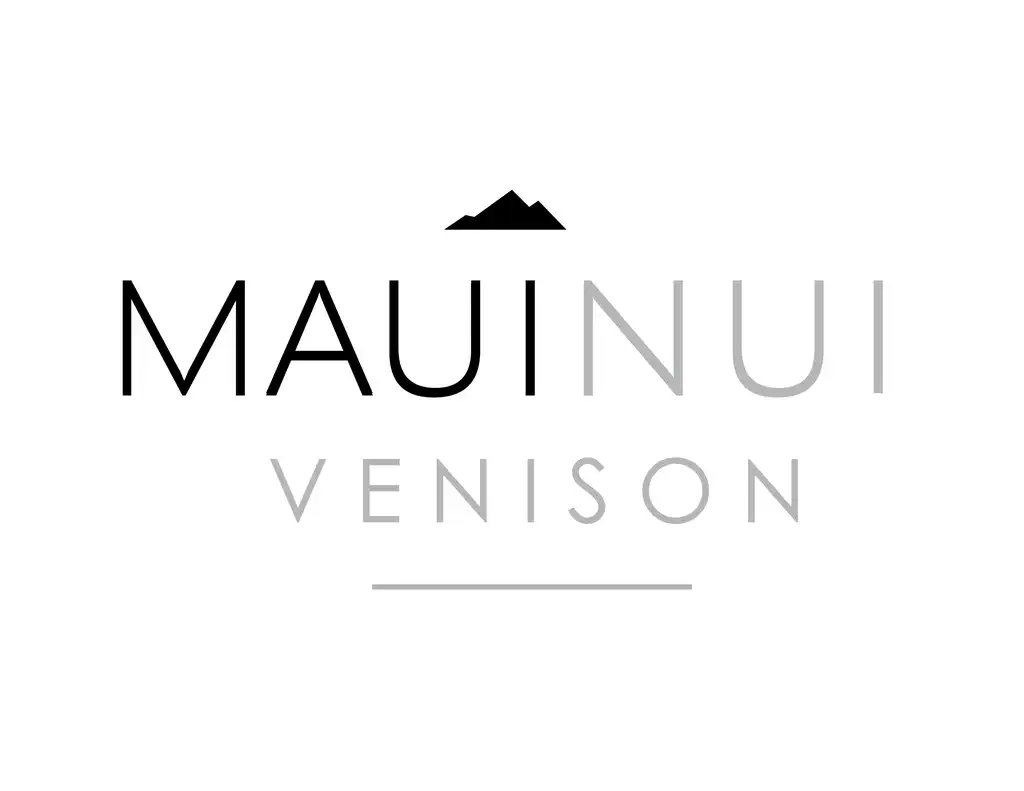Real Estate Maui Now, Ask the Expert: What Must You Know Before Buying a Condo?
 Today’s question has been answered by L. Lee & Barbara Potts from Aloha Group Maui KW Island Living.
Today’s question has been answered by L. Lee & Barbara Potts from Aloha Group Maui KW Island Living.
This is part one of a four-part series about purchasing a condo in Hawai‘i.
Q: What are the four things you must know before you buy a condo in Hawai‘i?
A: If your realtor hasn’t mentioned these important issues, you need to dig a little deeper on your own.
AOAO fees (aka, maintenance fees or HOA fees)
In Hawai‘i, every condominium development is required to have an Association of Apartment Owners (AOAO). The association is comprised of the condo owners who are responsible for running and maintaining the condominium complex. So, when you become an owner, you get a vote in how the complex is managed and you have some responsibility for maintaining the property.
With AOAO fees, you need to know not just how much you have to pay, but what do you get for your money, i.e., what is paid for by the AOAO, what are the extra costs that come out of your pocket, are there any assessments pending (and how do you find out) and how well are the reserves funded.
At a minimum, all AOAO’s are responsible maintaining the condominium’s “common elements,” i.e., the grounds, pools and the exterior of the buildings, usually including the roofs and so forth. That’s the minimum and that is all that some AOAO’s maintain.
This is OK, because you know that up front and your fees should be lower than some other complexes that cover more items with your fees.
And some cover much more.
At some so-called “condo-tels,” the fees will cover items that guests might expect, such as cable television, WIFI and basic telephone. If your condo has air conditioning, you definitely want to know if electricity is covered or if you are going to get a separate bill for it every month.
So, in some cases, you pay more and you get more for your money.
How much should your fees be?
The fees should be enough to cover the operating expenses and reserves for your development.
So the next questions are:
• How much are the operating expenses?
• How is the budget determined?
• How are reserves set?
• Is the complex you are looking at now adequately reserved?
And just as important, how do you get the information?
The first thing to do is to ask your realtor. She or he probably won’t know the exact answer but should be able to give or at least get some basic answers. Even though you get the basic answers, you still need the details. You won’t get the details until you’ve made an offer that has been accepted and you get into escrow.
Once you get into escrow, the condo owner—the seller— is required by contract to provide you with whatever condominium documents you request within a reasonable time frame.
The time frame is negotiable; however, we usually request that sellers get the docs to you within 5 to 10 days. We usually ask for another 5 to 10 days for you to review the docs.
What to look for…
The first thing I look for are the financials—the profit and loss statement and the balance sheet. If you are not comfortable reviewing the financial statements, have your accountant look them over for you.
We’ve received profit and loss statements with sections, such as the manager’s salary, whited out. We’ve received statements that were two years old. Of course, those are exceptions. Usually, the statement will be in order.
Next, you’ll want to see the budget. Again, if you are not comfortable with budgets, ask your accountant to look it over.
You are looking for reasonableness. In order to determine how reasonable these numbers are, it will be helpful to have the Reserve Study.
The Reserve Study tells you the useful life of capital items such as roofs, pools, parking lots, etc. It also tells you the estimated replacement cost for those items and tells you how much money should be held in reserve.
By law, condominium developments in Hawai‘i must choose one of two methods for establishing reserves. They are required to hold either a minimum of 50% in reserves, as determined by the reserve study, or the so-called cash method, which means they will have enough cash in the account to cover capital expenses in the upcoming year.
Many realtors and buyers rely on the law. However, it is not that unusual to find that a development is under-reserved.
Being under-reserved doesn’t necessarily mean you should reject the property, but you should proceed with caution, because the lack of adequate reserves can result in an assessment or cause some needed maintenance to be deferred.
An assessment is levied when the reserves are not adequate for necessary repairs or replacements or sometimes, just to get the association back in compliance with the law.
The assessment can range from a few hundred dollars to tens of thousands of dollars per unit.
If you are buying a foreclosure or a unit in a complex that has had a number of foreclosures, there are other things that you need to look out for; we’ll cover that in another article.














